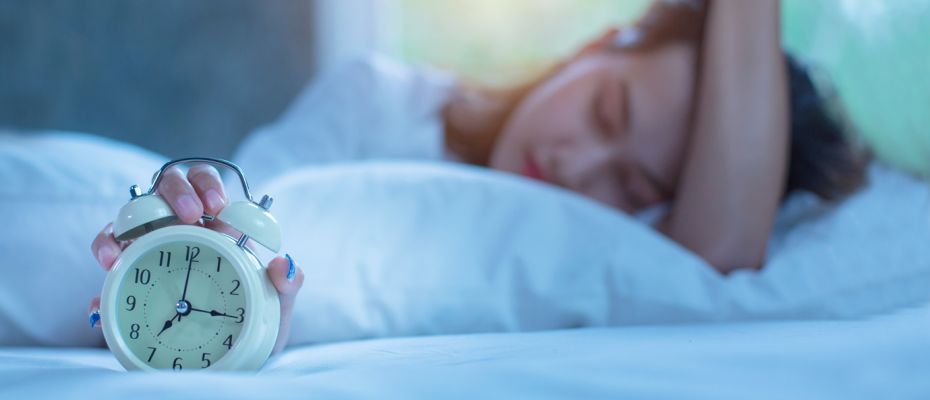People who go to bed early are more likely to be in better health and more physically active compared to night owls.

Researchers from the University of Leicester and the University of South Australia studied the bedtime preferences, also known as sleep chronotypes, of people with type 2 diabetes and found that people who went to bed late and got up late have an excessively sedentary lifestyle that features low levels of physical activity, and this puts their health at greater risk.
Lead researcher, Dr Joseph Henson, from the University of Leicester, said understanding this connection between bedtimes and physical activity could help people with type 2 diabetes – which is largely caused by excess body weight and a lack of exercise – manage their health better.
“There is a massive need for large-scale interventions to help people with diabetes initiate, maintain and achieve the benefits of an active lifestyle,” Dr Henson explained. “For people who prefer to go to bed later and get up later, this is even more important, with our research showing that night owls exercise 56 per cent less than their early bird counterparts.”
The team recruited 635 participants with type 2 diabetes who wore an accelerometer for seven days to measure the intensity and duration of sleep, rest, and physical activity.
Dr Alex Rowlands from the University of South Australia said those suffering from the disease should modify their bedtime to get “back on a path to good health”.
“The links between later sleep times and physical activity is clear: go to bed late and you’re less likely to be active,” she said. “As sleep chronotypes are potentially modifiable, these findings provide an opportunity to change your lifestyle for the better, simply by adjusting your bedtime.”
The study was published in BMJ Open Diabetes Research & Care.





